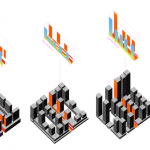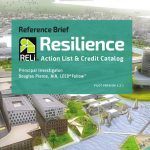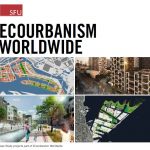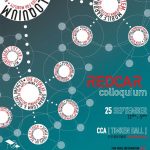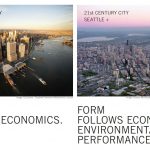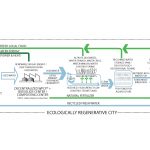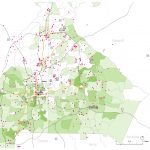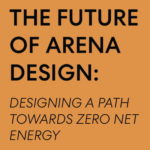
Arenas are large, expensive, non-continuously-used, energy-intensive luxuries. To date, there have been no arenas built that meet any definition of “zero net energy building.” How do we move beyond the AIA 2030 Challenge, and design ecologically sustainable Net Zero energy Arenas? While Perkins and Will has generally made great progress towards meeting the 2030 goals,... Read more »



